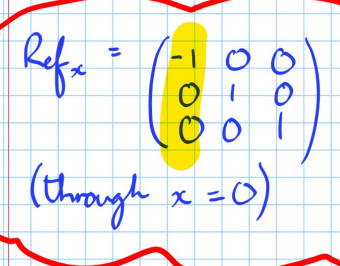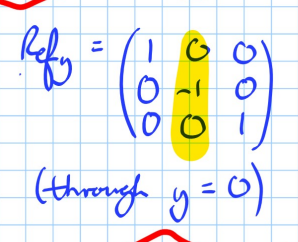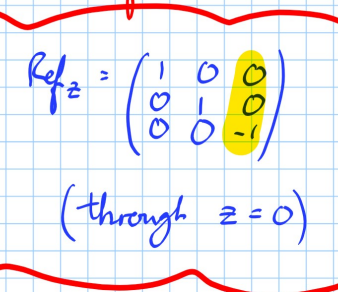Further Maths Pure Core Formulae
1/29
Earn XP
Description and Tags
Name | Mastery | Learn | Test | Matching | Spaced | Call with Kai |
|---|
No analytics yet
Send a link to your students to track their progress
30 Terms







if f(x) = c, what would the substitution for the particular integral be?
a
if f(x) = bx+c, what would the substitution for the particular integral be?
ax + b
if f(x) = ax² + bx +c , what would the substitution for the particular integral be?
ax² + bc + c
if f(x) = Pe^(px), what would the substitution for the particular integral be?
Qe^(px)
OR Qxe^(px)
OR Qx²e^(px)
if f(x) = rcos(wx) + s sin(wx), what would the substitution for the particular integral be?
pcos(wx) + qsin(wx)
If an object is moving with simple harmonic motion…
the only force on it is proportional to the displacement, but in the opposite direction
i.e. F=-kx
the force increases as you get further from the starting position
So F=ma…
-kx = m a = mx:
which means x: = -k/m (x)
WHICH IS OFTEN WRITTEN AS x: = -w²x
When is simple harmonic motion simple?
when it assumes there’s no resistive force (e.g. friction)
What is damping?
the act of stopping the oscillations
then more realistic
resistance can be modelled as being proportional to the velocity, acting in the direction opposite to motion
i.e. -r dx/dt
THUS HAS THE 3 TYPES OF DAMPING (underdamped, critically damped and overdamped)
m² + rm + x = 0
What’s the difference between free vibrations and forced vibrations?
Free - they’re set in motion and then just left to it
m² + rm + x = 0
Forced - if you add an external force
m² + rm + x = f(t)
What is the general solution to x: = -w²x ?
x = Acoswt + Bsinwt